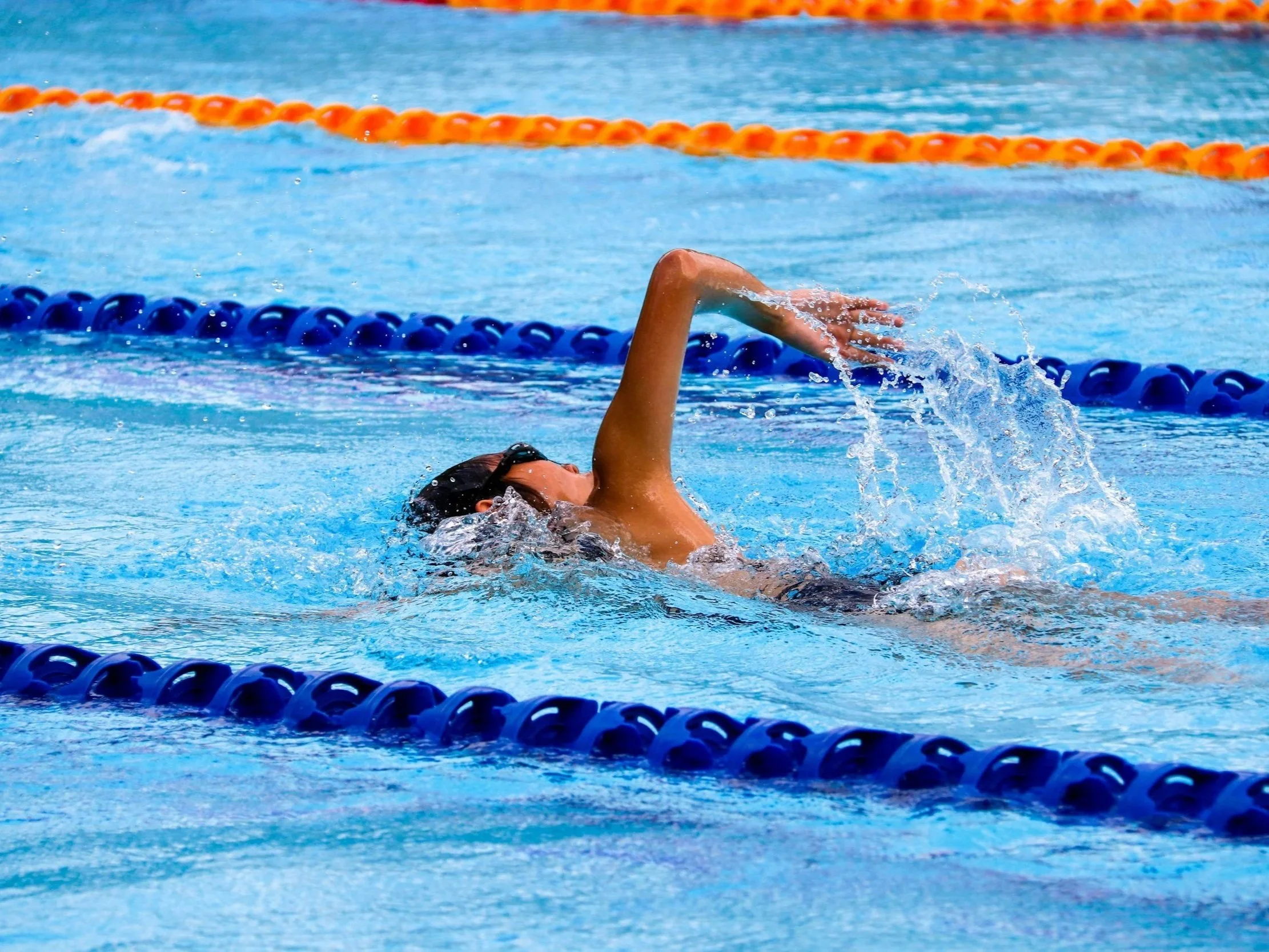Fuel smarter. Train stronger. Perform better
I’m Anita Bean, an award-winning sports nutritionist, author, health writer and former British Bodybuilding Champion.
My aim is to help people to reach their performance potential through evidence-based nutrition.
My Books
-

The Complete Guide to Sports Nutrition
The definitive practical handbook for athletes, coaches, and active individuals seeking a competitive edge through evidence-based nutrition.
-

The Vegetarian Athlete's Cookbook
Over 100 easy, nutrient-packed vegetarian and vegan recipes to help you build muscle, boost performance, and reach your fitness goals — all without meat.
-

The Runner's Cookbook
The ultimate nutrition guide for runners, featuring over 100 delicious recipes and expert advice to help you fuel and prepare for everything from 5Ks to ultramarathons.
-

The Vegan Athlete's Cookbook
Exciting, nutritious and flavour-packed vegan recipes, carefully designed to provide the key nutrients you need to train effectively, recover well, and perform at your best.
Meet Anita
I’m Anita Bean - an award-winning Registered Nutritionist (AfN-accredited), author of more than 30 books, and former British Bodybuilding Champion.
I have a passion for promoting nutrition in a clear and easy-to-understand format and an ability to turn complex scientific information into accurate, accessible messages.
My aim is to motivate and inspire people to reach their performance potential through evidence-based nutrition.
Bridging the gap between nutrition science and everyday performance
How you can work with me
Writing & content creation
Speaking & Media
1-to-1 Consultations
Featured Articles
Evidence-based advice, practical tips, and science you can trust - straight from the world of sports and exercise nutrition.
Recipes for Performance
Discover easy, nutritious recipes designed to help you train stronger, recover faster, and perform at your best.
Every dish is backed by science and built around simple, wholesome ingredients - so you can eat like an athlete, whatever your goal.
What other people are saying…
-
“Our bestselling and highly regarded author, Anita is cherished and respected by the fitness community for her clear, user-friendly books, which are essential reads for all sport and fitness professionals.”
Charlotte Croft, Editorial Director, Bloomsbury Publishing
-
‘Anita is brilliant at making nutrition stories fascinating reading Well researched, well written advice delivered on time every month for her regular Good Housekeeping column.’
Julie Powell, Health Director, Good Housekeeping magazine
-
Anita’s knowledge and presentation skills have made her an outstanding asset to the stage shows at the Virgin Money London Marathon and Prudential RideLondon expo’s. She delivers up-to-date, practical nutrition advice to the participants of our endurance running and cycling events in a way that is truly engaging and easy to understand at the same time
Dani Nimmock, Head of Exhibitions, London Marathon Events
-
Anita’s combination of up to date thinking and common sense approach to nutrition has resulted in an improvement to our swimmers’ performance in training and competition.
Lee Spindlow, Chief Coach, Guildford City Swimming Club















